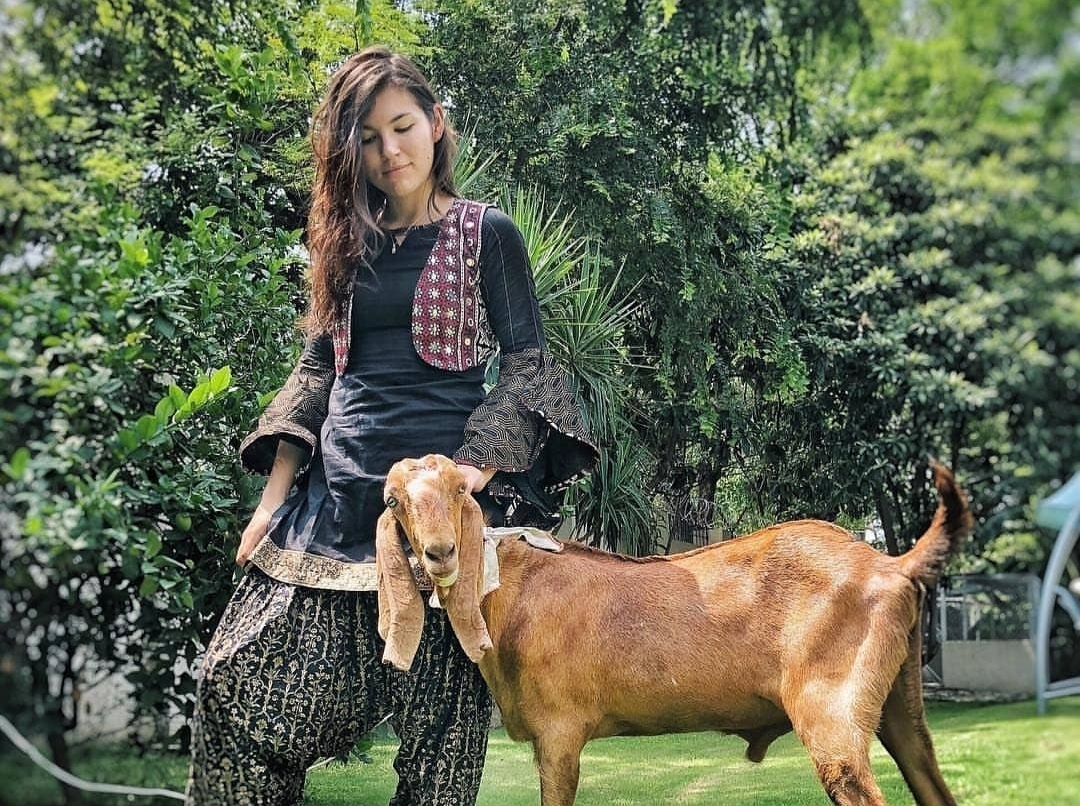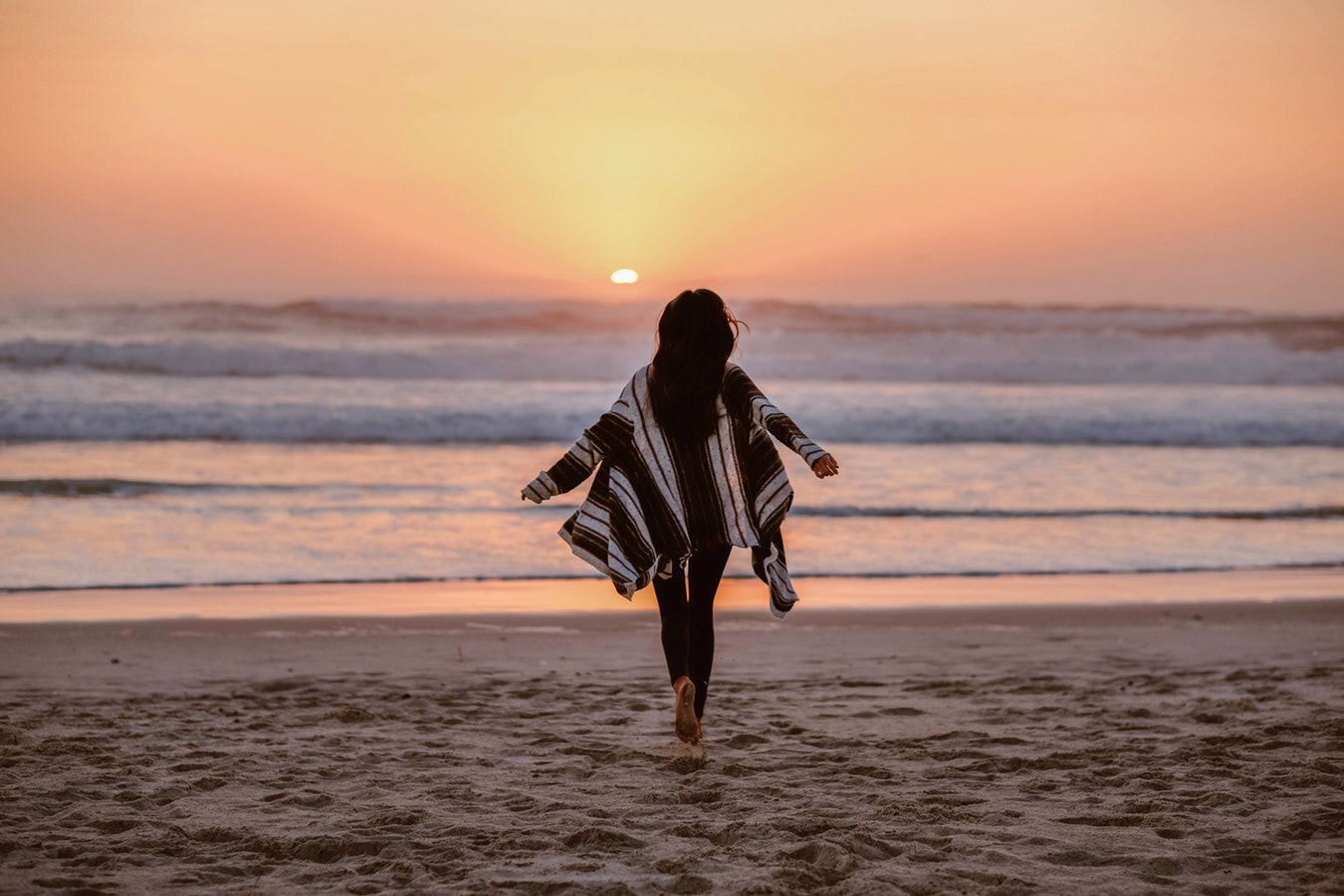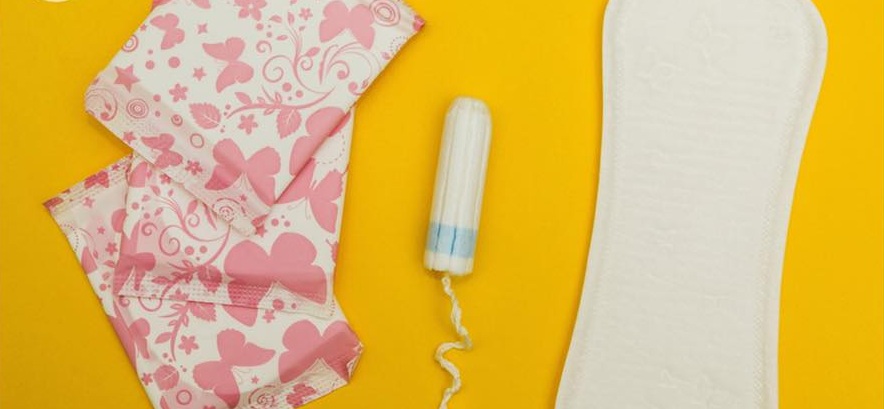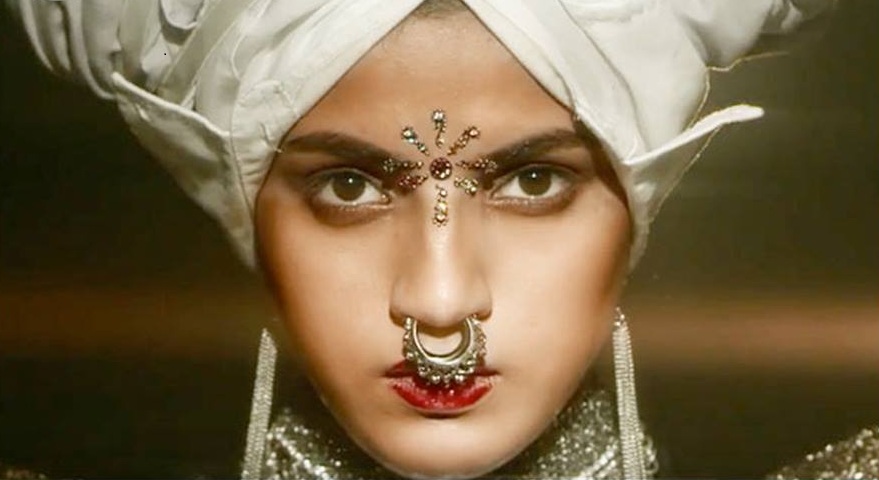The Diary of Queen S, age 16
Entry 25: On Sacrifice
Eid ul-Adha, Bari Eid, Bakra Eid. Not my favourite day, tbh. Blood on the streets makes me feel a bit queasy plus raw meat all over the place. Choti Eid has always felt more like Bari Eid to me – end of Ramzan, lots of parties and feasting, and more eidi too. This other Eid doesn’t speak to me as much but slowly, slowly, I’m starting to understand the point: sacrifice.
The story goes: Hazrat Ibrahim has a dream that he should sacrifice his son, Ismail, for God. Both father and son agree to this sacrifice, and then God sends a message at the last moment that the sacrifice isn’t needed, and Ismail is replaced with a goat. As a reward for this sacrifice (even just the intention of it, and the willingness to carry it through), God sends Hazrat Ibrahim a second son, Ishaaq (Isaac). Now, we commemorate this sacrifice by sacrificing a bakra or other livestock every year on the same day.
The story, I guess, is about being willing to sacrifice something you hold very dear for the love of God, believing that He knows best, and submitting to His will. The story is also about trust and faith. We hold on to things, so hard, thinking we will be lost without them. But it is only when we let go that the magic happens. The story tells us that even our children are not ours to hold on to. It is a story about not having attachments and trusting in the Divine.
I struggle with the idea of sacrifice sometimes. As women, we can become too self-sacrificing – giving up our self-hood for the sake of our parents, or later, our husbands or our children. We are taught to be submissive, to please those around us, and this can become very exhausting. But maybe the real sacrifice would be not to do this, as this would mean resisting the urge for approval and validation, and overcoming the fear of disapproval. Instead, we can serve ourselves and through that, serve God, in a real and meaningful way, by acting from places of love and generosity, by letting our hearts lead the way. It’s a fine line, but I think this is the kind of sacrifice that Eid ul-Adha is trying to direct us towards.
I remember one Bari Eid well from my childhood. We bought a bakra about a week before Eid, and everyday I would come home from school and feed it hay and other ghas phoos. It was very cute; white with black blobs on it, and pink ears. It made sweet noises and hung out in the garden. Then, on Eid, someone came to slaughter the bakra. I don’t remember this part clearly; I was watching from inside and that too from behind Ammi’s shalwar. But I think this is what happened: the bakra was hanging upside down, my chacha and older cousin were there, along with professional zibah people. One of them sliced through the bakra, and then there was blood, a lot of blood. Pouring into the ground, from the open carcass. I feel a little sick thinking of it, but I’m glad I saw it. Because this is the Eid that I think came closest to the true spirit of Eid ul-Adha. If I really want the barkat of this holy day, this is what I believe I should be doing. Buying and taking care of the bakra for several days (aaj kal we just outsource the zibah, like everyone else). Then, doing the zibah myself. Matlab, putting the knife to the animal myself. If we can eat these animals, we have to be able to kill them. We have to acknowledge that this animal, this living being, is dying in order for us to be fed. I mean, talk about sacrifice. To eat animals without having the courage to actually kill them is like a kind of denial. And Eid ul-Adha, if we do it right, can give us an awareness of all this. This will make us more grateful for our food, and also more careful with how much meat we actually eat (which should be a lot less than what we currently eat).
Then, after taking part in the zibah, I would also like to take part in the cutting and distribution of the meat. The meat is meant to be divided into three, I think. A third for the poor, a third for friends and family, and a third for your own house.
So that’s the other important aspect of Eid ul-Adha: sacrificing your time, money and energy for the benefit of mankind. Generosity, sharing, all of that stuff. I’m really bad at that stuff. I never give to charity, I don’t volunteer. But I try to be nice to people, to be kind and loving. Other times, I can be unkind and stingy. I don’t think I have the balance right atm, and one solution is zakaat. Again, zakaat is an easy one – 2.5% of your wealth to charity. It’s a small enough fraction to not matter too much, but it still contributes something, especially if it’s done consistently. Islam has these nice guidelines sometimes that make life easier. So chalo, this Eid, I’ll pledge to give that zakaat, and that can be a first step in restoring my balance a bit – in sharing more with the world around me.
I really like ceremonies. Birthday, weddings. Even funerals. And Eid, obviously. I think they’re very important. They mark events. They let the information go deep into our bones of what is actually happening, what life is about. They’re a kind of instruction, a training for living. But only if we remember where they come from and what they mean. Eid ul-Adha, I feel, is slowly disappearing from our consciousness; it is being drained of its meaning. It’s practiced in superficial ways, without much thought. I hope we can reverse this and infuse it with meaning once again. That’s my prayer in this holy week.
Ameen
Queen S
This story is part of a series, which is updated weekly. You can read the previous entry here.





